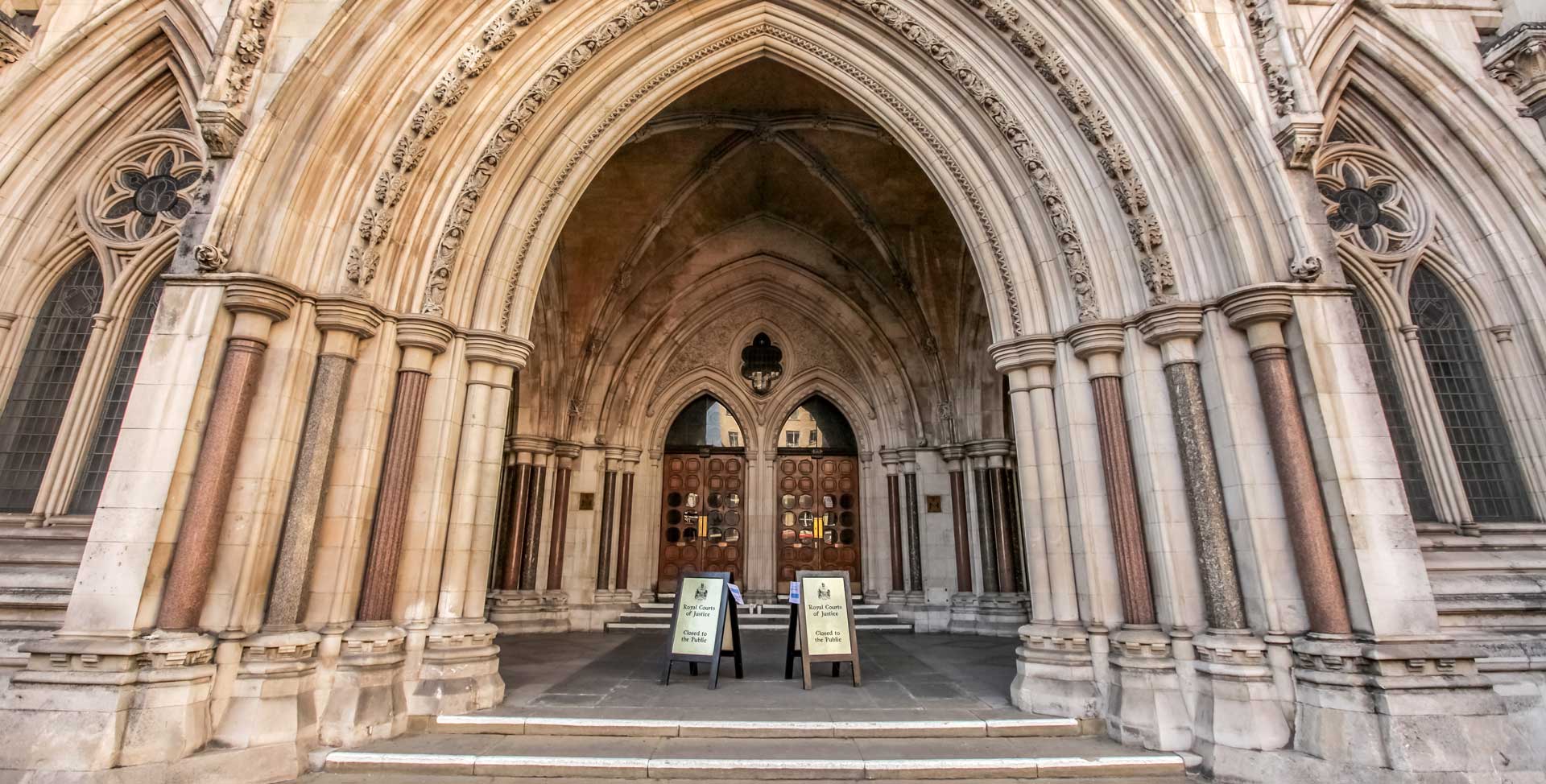A second success for our client. This case has a long history. His appeal was dismissed many years ago by the First-Tier Tribunal who found that his deportation under the Immigration Rules was lawful; at this stage, he was not our client. We drafted a fresh claim with evidence of a life with his British children and wife. The Home Office refused his application. We filed a judicial review claim with the help of Mr Jay Gajjar, a barrister at Imperium Chambers. Mr Gajjar argued that the Judge in the historic appeal had in fact looked at the wrong Immigration Rule. Permission to bring judicial review proceedings was granted and the Home Office agreed to reconsider. On reconsideration, the Home Office issued a new decision looking at the correct rule and maintaining the decision to deport our client. Again, with the help of Mr Gajjar, we drafted a pre-action letter and are pleased to report that the Home Office has (again) agreed to reconsider by accepting that the new decision was wrong.
How can you become an immigration lawyer?
Who might be interested in immigration law? Is working on human rights issues something that excites you? Do you enjoy exchanging ideas with individuals from other nations and cultures? Is criminal law, constitutional law, civil rights law, family law, education law,...



